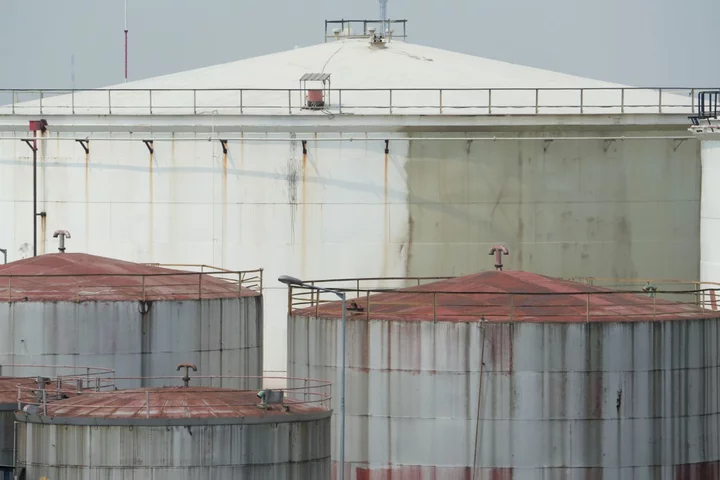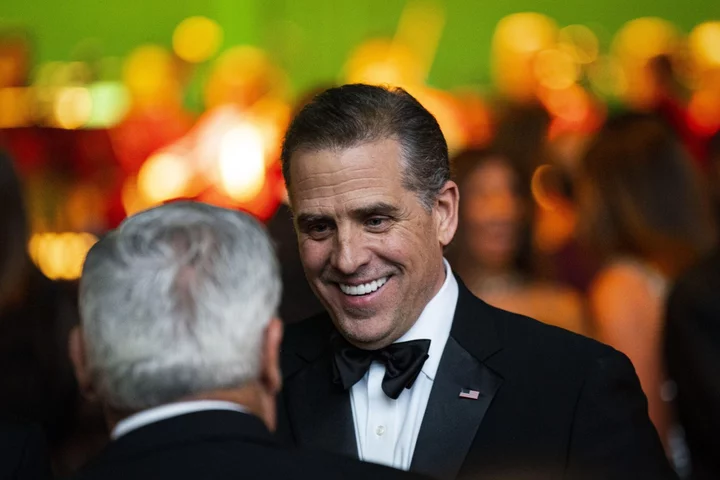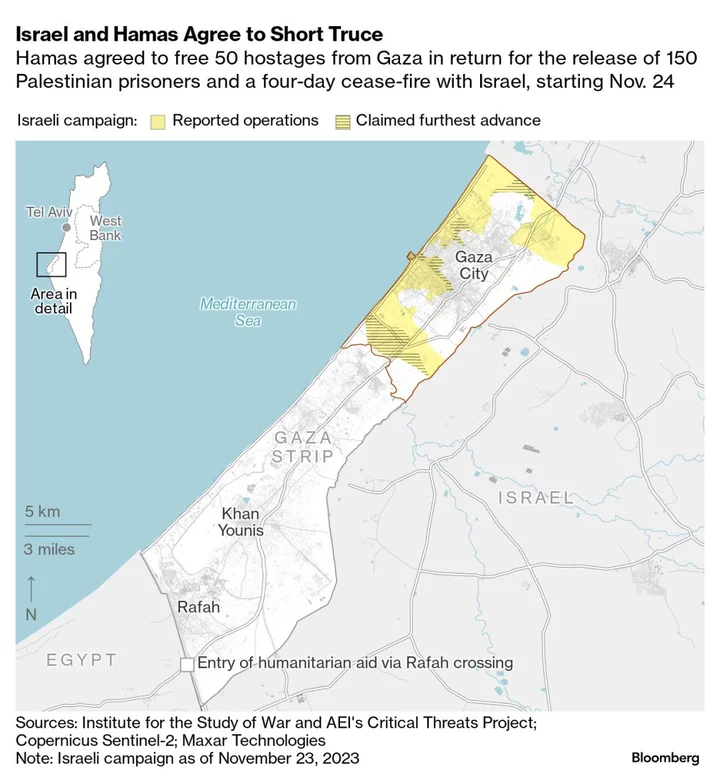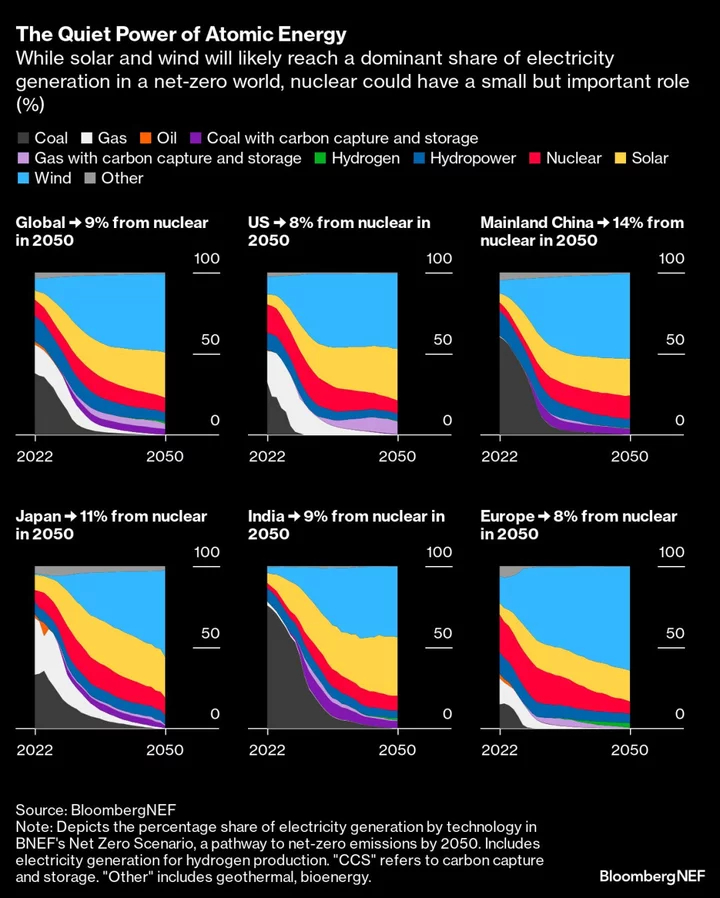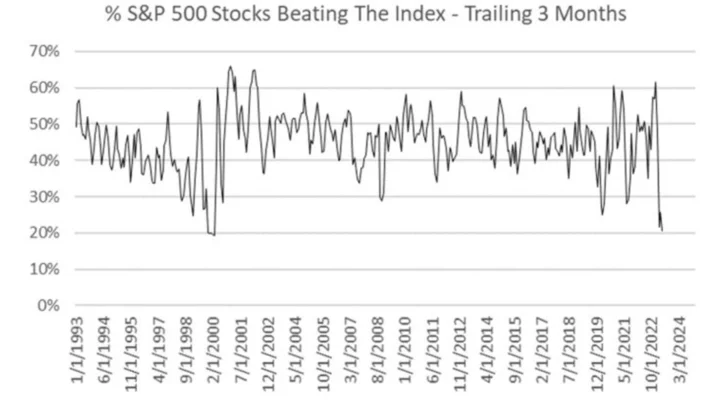Oil held onto most of Monday’s surge as the Israel-Hamas war remained contained and Saudi Arabia pledged to help ensure market stability.
West Texas Intermediate traded near $86 a barrel after a war-risk premium returned to the market on Monday following Hamas’ surprise attack on the weekend. The kingdom reiterated its support for efforts by OPEC+ to balance oil markets and for “everything” that would contribute to enhancing the growth of the global economy, the state-run Saudi Press Agency reported.
Almost 2,000 people have died on both sides so far in the conflict, with Israel building a base next to the Gaza Strip to accommodate tens of thousands of soldiers and the US vowing to provide the country with full support. The risk remains that the war could expand and drag in other nations in the Middle East, which accounts for about a third of the world’s crude supply.
Any proof that Iran, a supporter of Hamas, was directly involved in the attack could pose a threat to oil flows. The main risks are stricter enforcement of American sanctions on the country’s crude exports or blockades or attacks by Tehran on vessels in key shipping lanes. Iran has denied involvement and the White House said it has no confirmation that the nation planned or directed the assault.
“The risk of the war broadening across the regions remains the chief concern,” ANZ Group Holdings Ltd. analysts Brian Martin and Daniel Hynes said in a note. Saudi Arabia’s pledge to help OPEC+ stabilize the market, could see spare capacity released in the event that disruptions occur elsewhere, they said.
Away from the conflict, China is considering new measures to help its economy meet the country’s official growth target, which could boost demand in the biggest oil importer. An announcement could come this month, people familiar with the matter said.
The Israel-Hamas conflict has ratcheted up the volatility of oil prices, which have swung over the past month as concerns over high interest rates and slowing growth halted a rally that had been underpinned by Saudi Arabian-led output cuts. On Monday, options markets saw their biggest swing in favor of bullish calls since March 2022, shortly after Russia’s invasion of Ukraine.
To get Bloomberg’s Energy Daily newsletter into your inbox, click here.

